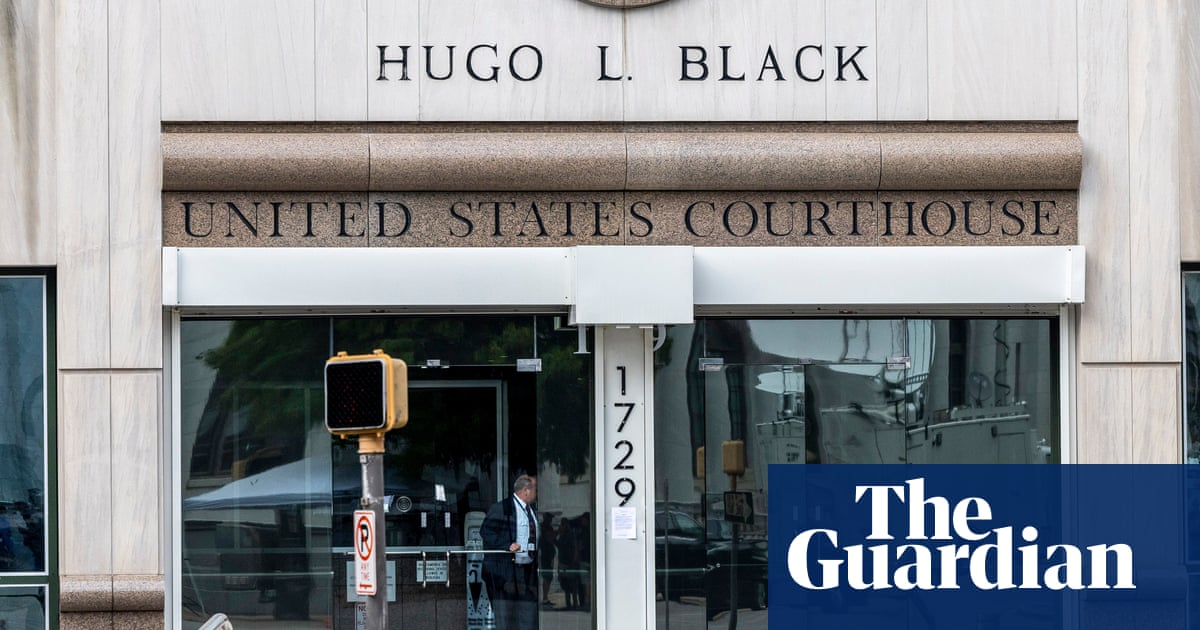Are you ready for AI to revolutionize the legal field, or are you overlooking critical risks? This article explores the intersection of AI and law, highlighting potential pitfalls and emerging solutions to help legal professionals navigate this complex landscape. Learn how to leverage AI tools responsibly and avoid the “AI legal minefield” of fabricated content and ethical breaches to protect your firm and your clients.
Table of Contents
- Teh AI Legal Minefield: Navigating the Future of Law and Technology
- The Rise of AI in Legal Research and Writing
- The Consequences of AI-Generated Errors
- The Need for Ethical Guidelines and Training
- The Future of Legal Technology: What to Expect
- Case Studies and Real-World Examples
- The Role of Legal Professionals
- FAQ: Frequently Asked Questions
The legal world is rapidly evolving, and artificial intelligence (AI) is at the forefront of this transformation. Though, as the recent case involving Butler Snow demonstrates, the integration of AI into legal practise is not without its challenges. This article delves into the emerging trends, potential pitfalls, and the future of law in the age of AI.
The Rise of AI in Legal Research and Writing
AI tools like ChatGPT are being used to assist with legal research, drafting documents, and summarizing complex information. These tools promise to increase efficiency and reduce costs. However, the case of the fabricated citations highlights a critical issue: the potential for AI to generate inaccurate or misleading information. This is ofen referred to as “AI hallucinations,” where the AI fabricates facts or citations.
Pro Tip: Always verify AI-generated information with reliable sources. Cross-reference AI outputs with established legal databases and consult with experienced legal professionals.
The Consequences of AI-Generated Errors
The consequences of using fabricated AI content in legal filings can be severe. Attorneys may face sanctions, including fines, suspensions, and damage to their professional reputations. Clients may suffer from poor legal advice based on inaccurate information. The integrity of the legal system itself is at stake.
Did you know? A recent study identified over 100 instances globally where courts have found “AI hallucinations” in legal documents.
The Need for Ethical Guidelines and Training
as AI becomes more prevalent in legal practice, the need for ethical guidelines and complete training is paramount. Law firms and legal professionals must develop clear policies on the use of AI, emphasizing the importance of verification and responsible usage. Educational programs shoudl incorporate AI literacy, teaching lawyers how to critically evaluate AI outputs and avoid the pitfalls of misinformation.
The Future of Legal Technology: What to Expect
The future of legal technology will likely see a greater emphasis on AI-powered tools, but with a stronger focus on accuracy and reliability. We can expect:
- Advanced Verification Systems: AI tools that can automatically verify the accuracy of legal citations and information.
- AI-Enhanced Legal Research: More sophisticated AI systems that can analyze vast amounts of data and provide more relevant and accurate legal insights.
- Increased Scrutiny: Courts and regulatory bodies will likely increase scrutiny of AI use in legal filings, with stricter penalties for errors.
Case Studies and Real-World Examples
The Butler Snow case is not an isolated incident. Similar cases have emerged across the globe, highlighting the need for vigilance. For example, an attorney in Florida was suspended for a year for citing fabricated AI-generated cases. In California, a firm was ordered to pay over $30,000 in legal fees for including false AI-generated research in a brief.
The Role of Legal Professionals
Legal professionals must adapt to the changing landscape.They need to become proficient in using AI tools while maintaining a critical eye and a commitment to accuracy.The ability to discern credible information from misinformation will be a crucial skill for lawyers in the future.
FAQ: Frequently Asked Questions
- What are “AI hallucinations”? AI hallucinations are instances where AI generates false or misleading information, such as fabricated citations or facts.
- What are the consequences of using AI-generated errors in legal filings? Consequences can include sanctions, fines, suspensions, and damage to professional reputation.
- How can legal professionals avoid AI-generated errors? By verifying AI outputs with reliable sources,cross-referencing information,and developing clear policies on AI use.
The integration of AI into the legal field presents both opportunities and challenges. By understanding the potential risks and embracing responsible practices, legal professionals can harness the power of AI while upholding the integrity of the legal system.The future of law is intertwined with technology, and it’s crucial to navigate this evolving landscape with caution, diligence, and a commitment to accuracy.
Want to stay informed about the latest trends in legal technology? subscribe to our newsletter for updates and insights!

